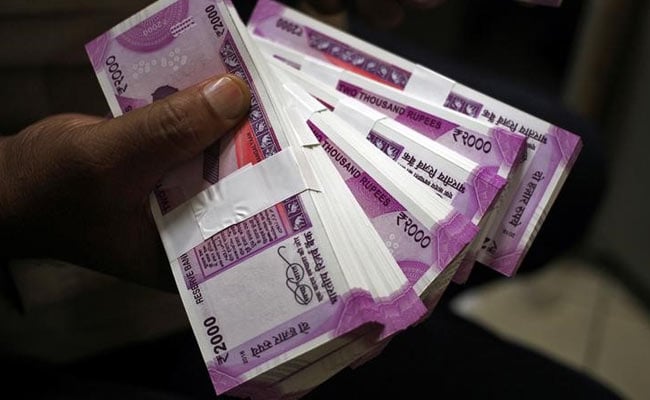
Change to Income Tax Act says a raid can be done if there's "reason to believe" a person is hiding wealth
New Delhi:
Tax raids based on an unsubstantiated rumour or suspicion is legit after the government has made changes to law retrospectively, going back on its own promise not to do so.
The amendment to Section 132 of the Income Tax Act says that a raid may be authorized if there is "reason to believe" or "reason to suspect" that a person is hiding his wealth.
The "reason to believe" or "reason to suspect" does not have to be disclosed to anyone, neither the target of the raids nor the appellate tribunal. Another change is that the income tax authority, based on "reason to believe", can authorise another authority to "requisition from some other officer or authority to deliver books of account, documents or assets of the assessee to the income tax authority so authorised."
The amendments will take effect "retrospectively" from when the laws concerned were enacted - April 1962 and October 1975 - which contradicts Finance Minister Arun Jaitley's budget speech in 2014, just after the BJP-led government came to power.
"The sovereign right of the Government to undertake retrospective legislation is unquestionable. However, this power has to be exercised with extreme caution and judiciousness keeping in mind the impact of each such measure on the economy and the overall investment climate. This Government will not ordinarily bring about any change retrospectively which creates a fresh liability," Mr Jaitley had said.
His words were seen as a direct reference to the previous Congress-led government's move on the Vodafone tax case, when the retrospective tax amendment was put in place from 1962 to underscore the telecom company's dues.
"At this juncture I would like to convey to this August House and also the investors community at large that we are committed to provide a stable and predictable taxation regime that would be investor friendly and spur growth," the Finance Minister had said.
The amendment to Section 132 of the Income Tax Act says that a raid may be authorized if there is "reason to believe" or "reason to suspect" that a person is hiding his wealth.
The "reason to believe" or "reason to suspect" does not have to be disclosed to anyone, neither the target of the raids nor the appellate tribunal. Another change is that the income tax authority, based on "reason to believe", can authorise another authority to "requisition from some other officer or authority to deliver books of account, documents or assets of the assessee to the income tax authority so authorised."
The amendments will take effect "retrospectively" from when the laws concerned were enacted - April 1962 and October 1975 - which contradicts Finance Minister Arun Jaitley's budget speech in 2014, just after the BJP-led government came to power.
"The sovereign right of the Government to undertake retrospective legislation is unquestionable. However, this power has to be exercised with extreme caution and judiciousness keeping in mind the impact of each such measure on the economy and the overall investment climate. This Government will not ordinarily bring about any change retrospectively which creates a fresh liability," Mr Jaitley had said.
His words were seen as a direct reference to the previous Congress-led government's move on the Vodafone tax case, when the retrospective tax amendment was put in place from 1962 to underscore the telecom company's dues.
"At this juncture I would like to convey to this August House and also the investors community at large that we are committed to provide a stable and predictable taxation regime that would be investor friendly and spur growth," the Finance Minister had said.
Track Latest News Live on NDTV.com and get news updates from India and around the world

